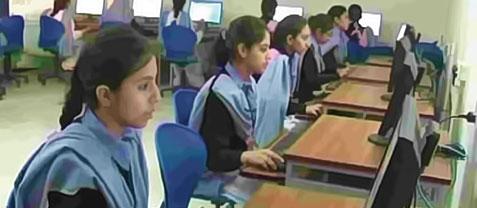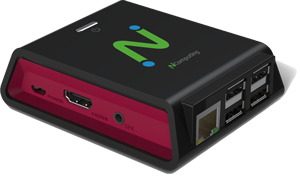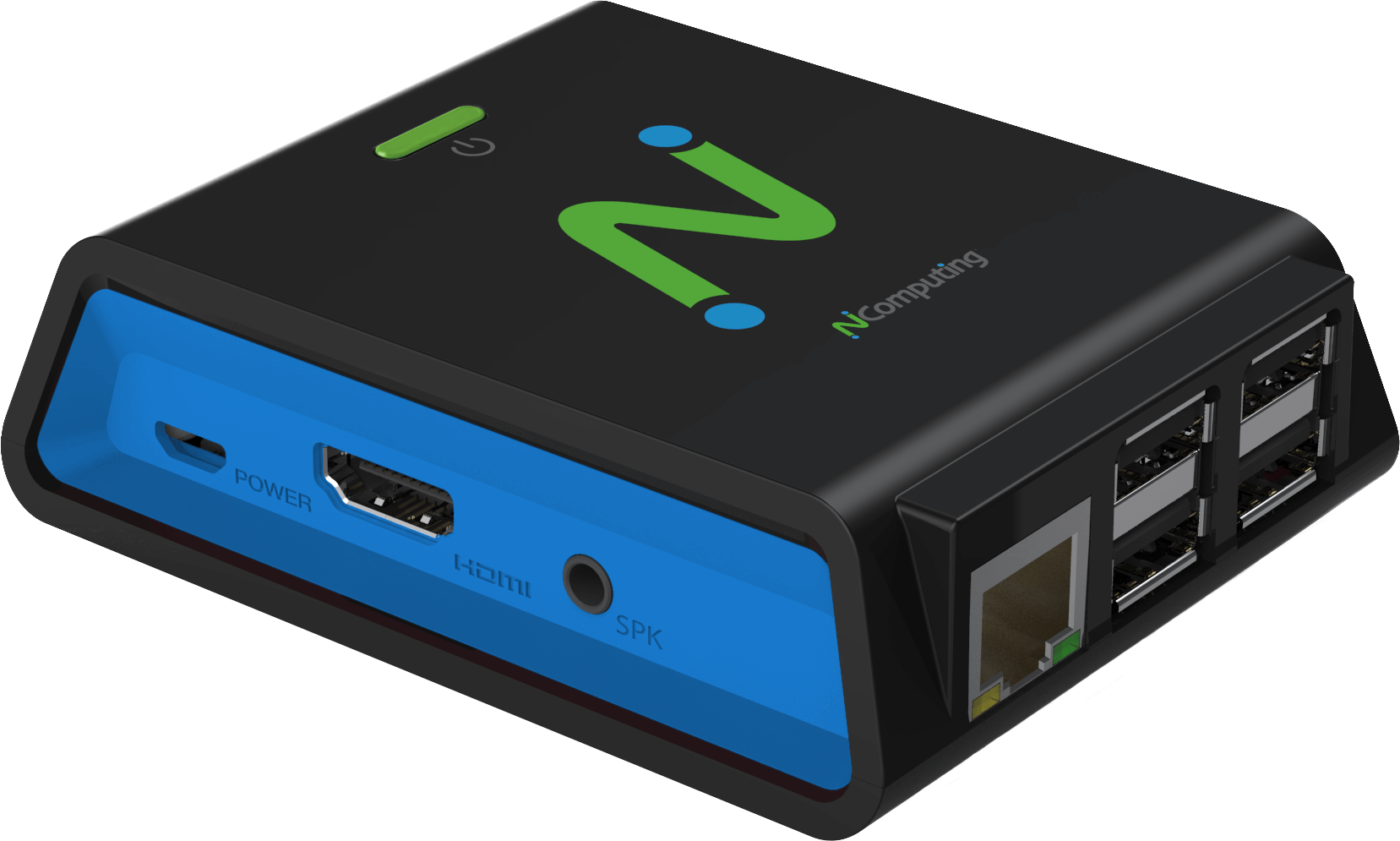A New Dawn for Millions of Students in Pakistan

The state of Punjab is the most populous province of Pakistan, with approximately 55 percent of the country’s total population. With an aim to boost computer literacy in the state, the government of Pakistan laid the foundation of an ambitious initiative called the “Punjab IT Labs Project.”
The vision that drove the IT Labs project
The Punjab Government envisioned the Punjab IT Labs project to bring computer access to 3.4 million students across 36 districts of the province – providing Punjab’s next generation the the computing skills to compete in a global digital economy.
To achieve this, the Punjab Government sought to establish well-equipped computer labs in the 4,286 schools of the province. Setting up an extensive state-wide computing infrastructure in a timeframe of a few months however, was a challenging task.
Simple, powerful and affordable computing
The government wanted to bring the latest computing technology to the schools of Punjab, but also wanted to ensure that the deployed solution was low cost and easy to manage since many of the schools were in rural areas with little IT support infrastructure. After significant consideration, the Punjab government turned to NComputing’s innovative PC sharing technology, which is being used in over 140 countries around the world. NComputing’s desktop virtualization solution offered an optimal combination of price and performance – something that no other solution could offer.
The government deployed the entire IT Labs project in a record time of just three months. Every computer lab is equipped with a server, 15 terminals comprising three PCs, 12 NComputing virtual desktops, a printer and air-conditioner. Of the total 64,290 total work stations, the government procured only 12,858 conventional desktop PCs and supplemented the balance of 51,432 seats with NComputing devices.
Each work station runs like a stand-alone PC and allows individual users to access their respective documents, software applications and the Internet. The students can learn computing skills, research their projects on the Internet and learn subjects such as science and math on e-learning software.
A sustainable and environment-friendly project
NComputing allows organizations to run multiple workstations on a single computer or server, saving 75 percent on maintenance and up to 90 percent on energy use. NComputing units consume just one watt of electricity, compared to 120-150 watts with the traditional PC. One lab only requires about 600 watts of electricity.
“It is a sustainable and environment-friendly project with very low recurring costs,” said Joudat Ayaz, Additional Programme Director, Punjab IT Labs Project. “In the overall context of the project, we have saved over PKR 1.8 billion, which is almost 30 percent of the total project cost. In terms of the electricity savings, the government of Punjab saved another PKR 10 million per month as NComputing devices use only one watt of electricity as compared to 110 watts or more for a typical PC.
“We have reduced the number of PCs being purchased to only 12,858 from earlier 64,290. Similarly, the cost incurred on the purchase of uninterrupted power supply (UPS) has also been reduced.”
By using NComputing’s unique shared computing technology, the Punjab Government saved more than one billion rupees upfront. Ongoing costs are lower because there are fewer PCs to manage and upgrade.
“With the NComputing technology, a new era in computer literacy and command has dawned in Punjab, which will enable the provincial planners to impart meaningful computer training at low cost,” added Samee Askari, CEO, NConnexion, NComputing’s distributor and authorized service center for Pakistan and Afghanistan.
Empowering the next generation of Pakistan
The Punjab IT Labs project has fulfilled the vision of the government by not only imparting computing skills to the children in the state, but also raising their aspirations and instilling dreams. The resounding success of the IT Labs Project has encouraged other provinces in Pakistan to launch similar projects and create a digital generation that can improve the country’s economic prospects.



-menu.png)


